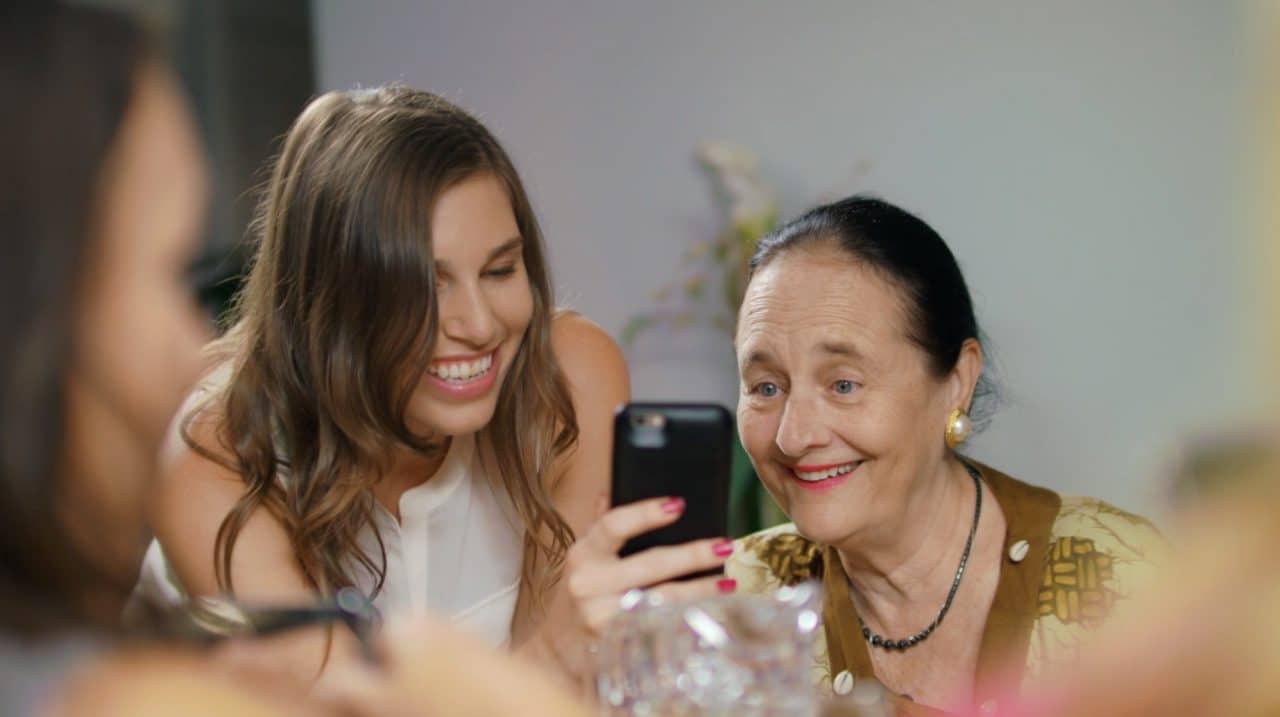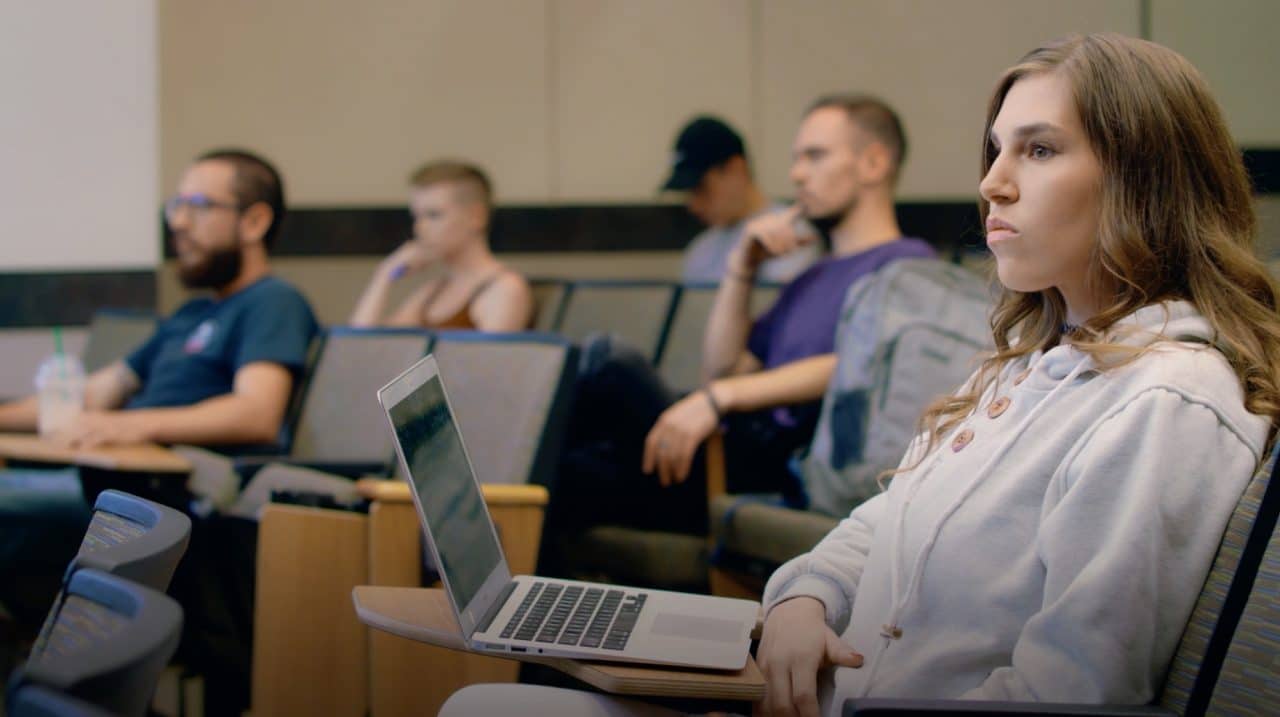The House Institute Neurofibromatosis Type 2 (NF2) patient Roselle Dyan Rico has bilateral hearing loss. But this does not stop the 26-year-old UC Riverside Biology student from participating in conversations. She uses the app AVA to increase the efficiency of her day-to-day communications.

What is AVA?
Roselle Dyan Rico: It is an accessibility app for the deaf and hard of hearing that provides real-time captions for the user.
How did you hear about the app?
Rico: I am a member of the NF2 Crew group page on Facebook. Many people with NF2 and their family members use the platform to share insights about their experiences with the disease. I saw a post from another member asking about how others communicate after losing their hearing, and someone suggested the AVA app.
In what areas of your life do you use AVA?
Rico: I use it mainly for my doctor’s appointments. I also use it during class discussions.
How has it affected your day-to-day communications?
Rico: I have gained some independence when it comes to talking to other people. After I became deaf, I became unusually quiet, and speaking with the other students became a struggle. I learned American Sign Language to help me communicate, but I also wanted the option of knowing what exactly was being said to me or the terms that were used in class discussions. I use it whenever I order food or coffee in school. For my doctor’s appointments, I used to rely on my mother to relay everything the doctor said. But with AVA, I can freely join the conversation without worrying if I have missed important information.

Would you recommend that other patients use it? If yes, why?
Rico: Yes, I will recommend it to other patients. It may seem tedious at first, holding up your phone while “listening in,” but I eventually got used to it. It made me feel more confident in expressing myself. There are certain issues to be wary of, such as connectivity issues. The transcribing accuracy decreases with a slow internet connection. I found that the speaker’s accent can be a factor too.
But overall, AVA has been a life-changer, and I hope many patients will have the chance to use it.